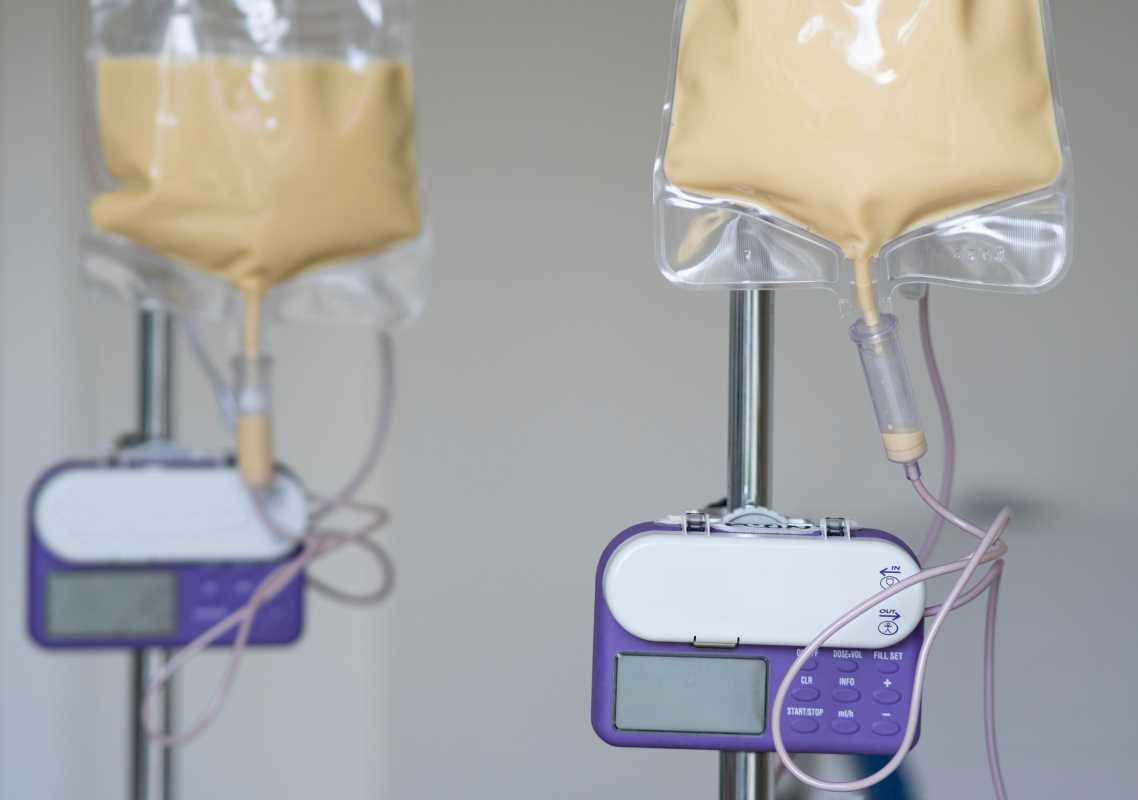Parenting a teenager is no small task, but raising a teen with a chronic illness comes with its own set of challenges. Chronic illnesses, such as diabetes, asthma, or rheumatoid arthritis, can impact every part of a teen’s daily life—from school to friendships to self-image. For parents, it can feel like walking on a tightrope between offering support and encouraging their independence. But don’t worry, you’re not alone, and there are practical ways to help your teen thrive. This guide is here to give you tips, tools, and ideas to better manage your teen’s chronic illness while maintaining a close, balanced relationship.
Focus on Open and Honest Communication
When it comes to managing a chronic illness, communication is your strongest tool. Keeping an open line of communication helps you stay informed about your teen's needs, while also giving them the confidence to share what they’re experiencing.
Listen without Judgment
Teenagers often feel like no one understands what they’re going through, especially if they're living with a chronic condition. When they talk to you about their symptoms, frustrations, or even mistakes in managing their illness, aim to listen more and lecture less. Avoid downplaying their concerns or jumping in with advice right away. Sometimes, a simple "That sounds really tough" can go a long way in showing them you care.
Normalize the Conversation
Talking about health-related topics regularly can make them feel less intimidating. Instead of scheduling serious "health talks," try weaving questions about their condition into everyday conversations. Casual check-ins like "How has your medication been working?" or "How are you feeling today?" help keep the dialogue easy and approachable.
Master the Basics of Medical Management
Understanding the ins and outs of your teen’s chronic illness can make both of your lives less stressful. While doctors will provide you with the necessary medical information, implementing that knowledge in daily life takes teamwork.
Stay Organized
Managing a chronic condition often involves a lot of moving parts, like medications, doctor appointments, and treatment schedules. A family calendar can help keep everyone on track. Whether you prefer sticking a paper calendar on the fridge or using a shared app, make sure your teen is looped into the system. Encouraging them to take part in scheduling empowers them to take ownership of their health.
Build a Support Network
Create a "go-to team" of healthcare providers, school staff, and even close friends or relatives. Your teen’s teachers or school counselor can help by being flexible with deadlines or providing accommodations. Similarly, knowing which nearby pharmacy is fastest or their doctor's office hours can save time in a pinch.
Teach Self-Management Skills
It’s important your teen learns how to manage their illness themselves, even if they’re not ready yet to handle everything on their own. Start small by helping them remember to take their medication or pack an emergency kit for school. Over time, you can encourage them to take on bigger responsibilities, like refilling prescriptions or keeping track of their symptoms.
Emotional Support is Key
A chronic illness can impact more than just a teen’s physical health; it can also take a toll on their mental and emotional well-being. Helping your teen feel emotionally balanced is just as important as managing the physical side of their condition.
Create a Judgment-Free Zone
Your teen might feel self-conscious about their illness, whether it’s because of visible symptoms (like using an inhaler or wearing a medical device) or the limits it puts on their activities. Encourage them to share how they’re feeling without fear of being judged or dismissed. Reassure them that it’s okay to feel frustrated, sad, or even angry sometimes.
Watch for Signs of Stress or Anxiety
Living with a chronic illness can lead to mental health issues such as anxiety or depression. Pay attention to mood changes, withdrawal from social activities, or sudden changes in their eating or sleeping patterns. If you notice these signs, consider connecting your teen with a therapist who has experience with chronic health conditions.
Encourage Peer Connection
Teens often crave understanding from others their age. Social isolation can be a big challenge for kids dealing with chronic illnesses, especially if they feel "different" from their peers. Help your teen find support groups, either online or in person, where they can meet people who really "get" what they’re going through. It’s amazing how much just talking to someone else in a similar situation can help.
Foster Independence in a Safe Way
One of the toughest parts of parenting a teenager is learning to step back and give them room to grow. This is even harder when your teen has a chronic illness—but it’s also crucial for helping them develop a sense of independence.
Take Baby Steps
You don’t need to hand over full responsibility all at once. Start by encouraging your teen to make simple decisions about their care, such as choosing what snacks to bring that align with their medical needs or deciding the best time of day to take their medication.
Teach Problem-Solving
Help your teen come up with their own solutions to common challenges. For example, if they’re nervous about managing their condition during a sleepover, brainstorm together about what they’ll need to bring or how they can handle questions from friends. These problem-solving skills will serve them well as they grow up.
Celebrate Wins, Big or Small
When your teen takes even small steps toward effectively managing their health, be sure to celebrate their efforts. It can be something as simple as saying, "I’m proud of you for remembering to pack your supplies today." Positive reinforcement builds confidence and encourages them to keep trying.
Your Role as a Parent Matters
Parenting a teen with a chronic illness can sometimes come with a heavy dose of guilt. You might feel like there’s more you could be doing, or that you’re not doing enough. The truth is, no parent is perfect, and what matters most is that you show up with patience, care, and consistency. Remember, you’re not just managing an illness; you’re raising a capable, resilient young person who’s learning to navigate life with your love and support by their side.
If things feel overwhelming, don’t hesitate to look for help. Parenting support groups, therapists, and even other parents with similar experiences can be great resources. Taking care of your own mental and emotional health is just as important as taking care of your teen.
 (Image via
(Image via





